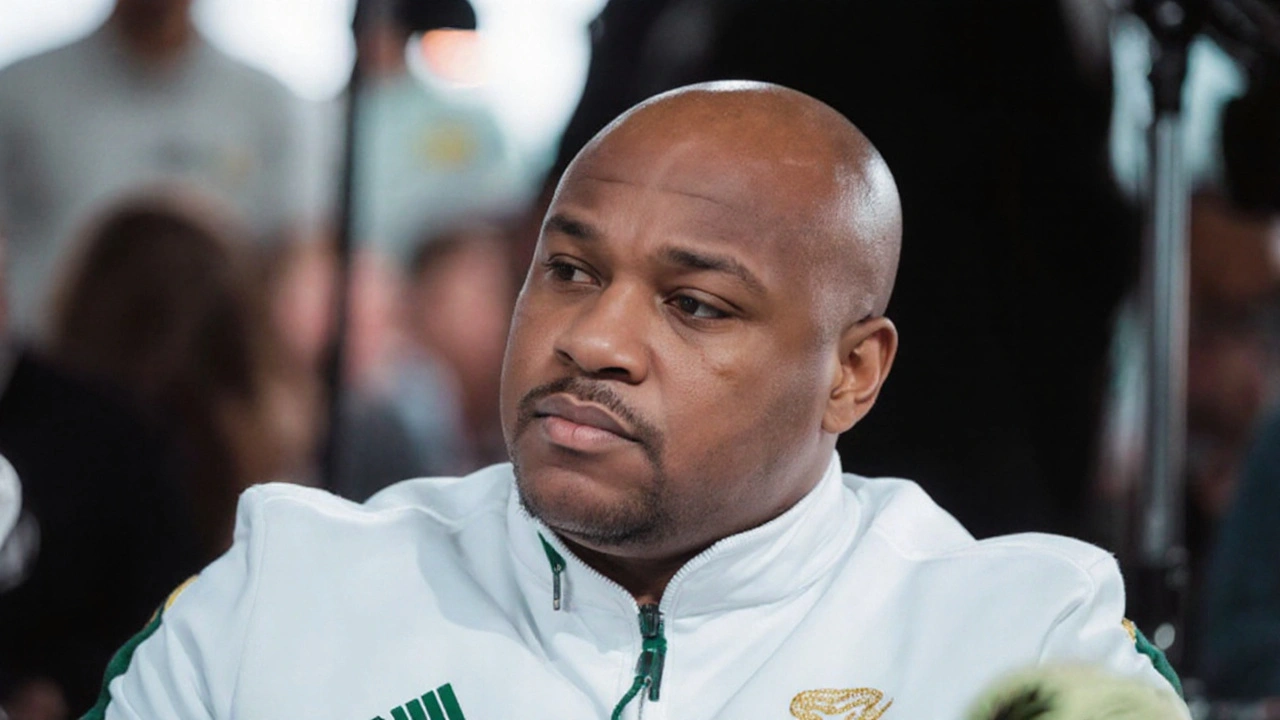Patriotic Alliance: A Fresh Voice in South African Politics
When talking about Patriotic Alliance, a relatively new South African political party that positions itself as a reformist alternative to the established parties. Also known as PA, it aims to shake up the status quo, championing tough economic policies and a tougher stance on corruption.
The landscape it operates in is best described by South African politics, a complex mix of historic liberation movements, emerging parties, and shifting voter loyalties. This environment forces every player to forge alliances, and the Patriotic Alliance has been quick to seek partnerships that amplify its voice.
One of those partners is the Economic Freedom Fighters, a radical left‑wing party known for its fiery rhetoric and focus on land reform. While the two parties sit on opposite ends of the economic spectrum, they share a common goal: challenging the dominance of the ruling African National Congress. That shared opposition creates a tactical bridge that the Patriotic Alliance uses to gain media attention and voter traction.
Beyond opposition, the Patriotic Alliance is also eyeing the coalition government, a power‑sharing arrangement that becomes necessary when no single party wins a clear majority. By positioning itself as a kingmaker, PA hopes to extract policy concessions, especially on issues like crime, taxation, and public service delivery.
Policy-wise, the party has thrown its weight behind the debate over social grants, government‑funded payments aimed at helping South Africa's most vulnerable citizens. The Patriotic Alliance argues that current grant levels are too low to combat poverty, yet it also calls for stricter eligibility checks to curb fraud. This dual stance lets it appeal to both low‑income voters and fiscal conservatives.
Why the Patriotic Alliance Matters Right Now
First, the party’s rise reflects growing voter fatigue with traditional parties. People are looking for fresh faces who promise quick, decisive action. Second, its willingness to work with both left‑leaning and right‑leaning groups shows a pragmatic side that can turn electoral math into real influence. Finally, the party’s stance on social grants places it at the heart of a daily‑life issue for millions, giving it a platform that resonates beyond election cycles.
In practice, the Patriotic Alliance has already seen success in local municipalities where it won council seats by campaigning on anti‑corruption pledges and promising better service delivery. Those wins give the party real‑world experience in governance, which it uses to argue for a bigger role at the national level. Critics say the party’s policies are too extreme, but supporters point to its clear messaging and willingness to take bold stances as evidence of authentic leadership.
Looking ahead, the Patriotic Alliance’s next move will likely involve solidifying its coalition strategy. By aligning with parties like the EFF on specific votes, it can push its agenda on topics such as land redistribution and tax reform. At the same time, it will need to balance those alliances with its broader goal of being seen as a responsible, reform‑oriented partner in any coalition government.
For anyone trying to make sense of South Africa’s fast‑changing political scene, keeping an eye on the Patriotic Alliance offers a shortcut to understanding broader trends: the decline of legacy parties, the rise of issue‑focused campaigning, and the growing importance of coalition politics in shaping policy outcomes.
Below you’ll find a curated collection of recent stories that touch on these themes – from courtroom drama involving political leaders to debates about social grants and coalition negotiations. Dive in to see how the Patriotic Alliance fits into each narrative and what that means for the country’s future.

Gayton McKenzie hires top law firm to probe Kenny Kunene’s alleged criminal ties
Sep 26, 2025 / 19 Comments
Patriotic Alliance leader Gayton McKenzie has engaged the elite firm Cliffe Dekker Hofmeyr to investigate deputy president Kenny Kunene after his suspension over a visit to businessman KT Molefe’s home during a police raid. Molefe is a suspect in the murder of DJ Sumbody, a case that has gripped the nation. The probe will examine any business or personal links between Kunene and the alleged crime figure. McKenzie says the party will wait for the report before deciding Kunene’s fate, stressing due process and transparency.
READ MORERECENT POSTS
- Alcaraz clinches sixth Grand Slam with US Open triumph
- Germany vs Scotland: Confirmed Lineups and Predicted XIs for Euro 2024 Opener in Allianz Arena
- James McAtee joins Nottingham Forest, dashing Dortmund & Leipzig hopes
- Durban City Holds Golden Arrows to 1-1 Draw in First KZN Derby
- England vs Pakistan: Live Updates on the Thrilling 2nd T20I at Edgbaston
